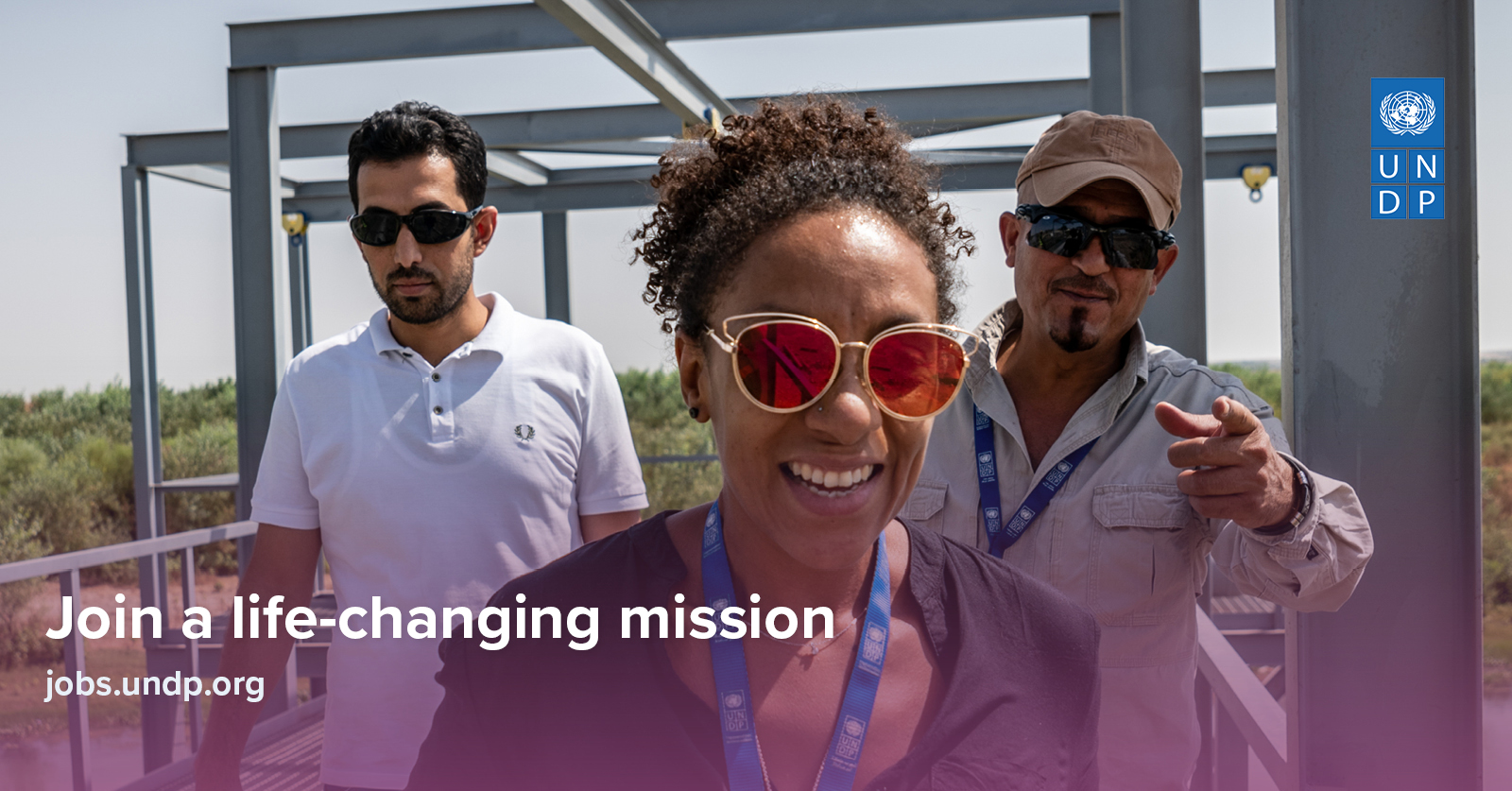
National estimates report that the prevalence of disability in the Kyrgyz Republic is about about three percent, affecting 194,000 people (53% women), with an overall increase of 21.5 percent over the past seven years, and a total increase in child disability from 22.4 thousand in 2010 to 32 thousand children in 2020. At the end of 2018, the total number of recipients of state benefits as related to disability (57,204) made up approximately 15% of the total recipients of state benefits (365,227)[1]. According to the National Statistical Committee, every year on average about 11,000 people are recognized as persons with disabilities for the first time, while more than 4,000 cases of disability are reported among children. Disability prevalence both in general and in women’s groups and persons of working age is considerably higher in rural areas compared to urban areas. Likewise, among children, there is also a higher level of disability in rural areas (71%) versus urban areas (29%), including more than a thousand children who do not enroll in a school due to disabilities every year.
In this context, in the past few years, the rights of people with disabilities (PWDs) have been increasingly ranking high on the national development agenda, leading to the ratification, in May 2019, of the United Nations Convention of the Rights of the People with Disabilities (UNCRPD), and the establishment, shortly after, of an Interagency Working Group, tasked with drafting the Initial Action Plan for implementation of the CRPD in 2019-2022 and the concept for the programme “Accessible country” (“????????? ??????”) aimed at elimination of discrimination against PWDs in various areas and improvement of accessibility of infrastructures. The national Population Housing Census[2] has also finally been conducted from March 25 to April 3, 2022, providing for the first time updated data on disability based on Washington Group Questions. The full report on disability is expected to be finalized by the end of the year.
However, despite these promising pledges, PWDs continue to be the hardest hit by the current gaps in economic and human development and experience serious challenges of discrimination, poverty and severe difficulties in accessing fundamental rights. The implementation of the UNCRPD is lagging behind while the legal and policy frameworks still do not fully comply with the ratified international human rights framework and disability-inclusion standards.[3] This also includes one of the main legislations on disability, the Law No. 38 on the Rights and Guarantees of Persons with Limited Health Functions, which continues to reflect the medical model of disability. In December 2020, a new inter-agency governmental body, the National Disability Council (NDC), has been established to accelerate, coordinate and oversee efforts towards implementation of the CRPD, while the Ombudsman Institute (the National Human Rights Commission) has also formed a “Coordination Council for PWDS and their Families”. However, the “Accessible country” has not been approved due to political and COVID-19 circumstances, while both the NDC and the Ombudsman’s Coordination Council are still lacking resources and are not yet effective as expected.
Against this backdrop, the participating UN organizations (PUNOs), i.e. UNICEF, UNDP and UNFPA, under the overall coordination of the Office of the Resident Coordinator (RCO), have been invited to implement the Inception Phase of the UNPRPD Multi-Partner Trust Fund (MPTF; 4th Funding Round Call for Proposals) in order to promote national progress on disability-inclusive development and the rights of PWDs in the Kyrgyz Republic. In particular, the UNPRPD MPTF aims at supporting the following objectives:
- Objective One – Advance CRPD implementation at the country level by focusing on the essential preconditions for disability inclusion across sectors, translating these into concrete policies, programs, and/or services which lead to systemic changes through a cohesive, inter-sectoral approach;
- Objective One – Improve and increase the implementation of disability inclusive SDGs at the country level by providing fundamental support to the UN’s collective response to the SDGs – including UNCTs, governments, OPDs, and civil society – to address national priorities and gaps concerning persons with disabilities in their national planning to advance the SDGs.
[1] UNICEF (2021) “Situation Analysis: Children and Adolescents Disabilities in Kyrgyzstan.”
[2]https://kyrgyzstan.un.org/en/176799-population-and-housing-census-started-march-25-kyrgyzstan
[3] UNICEF (2021) “Situation Analysis: Children and Adolescents Disabilities in Kyrgyzstan.”





